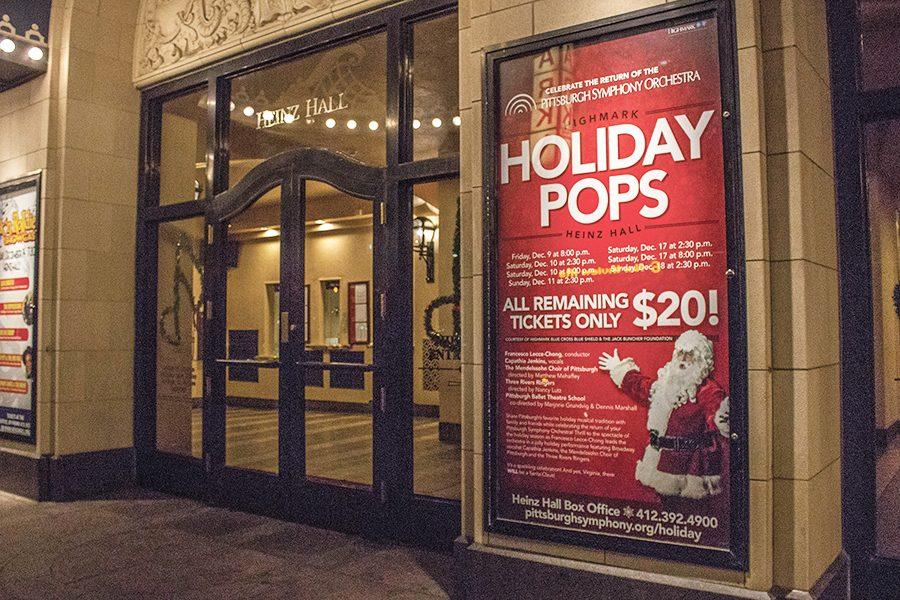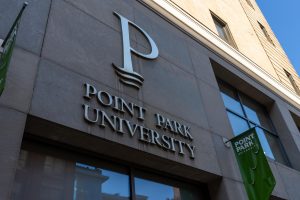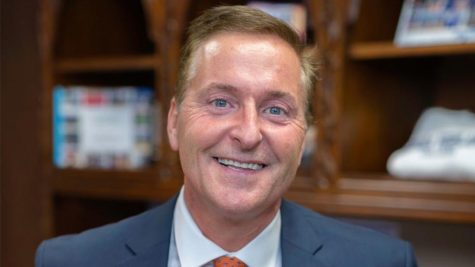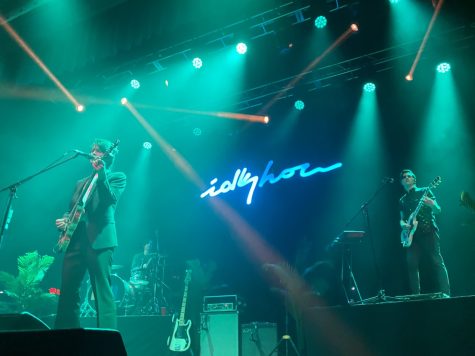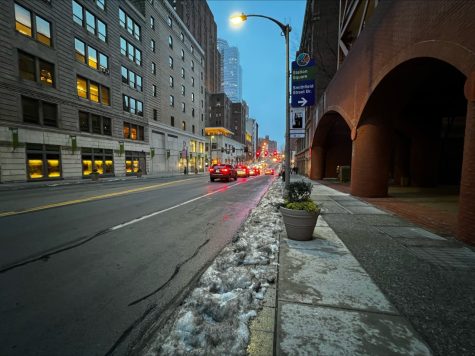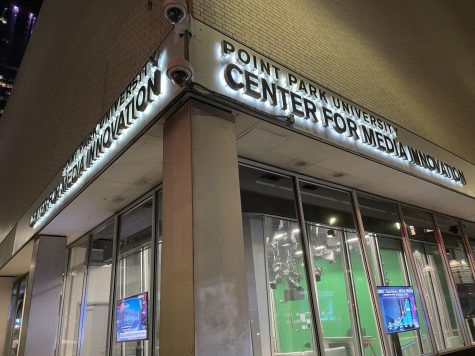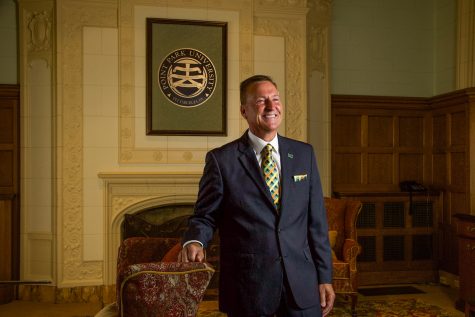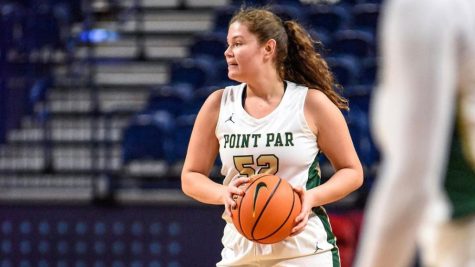Pittsburgh Symphony Orchestra, musicians’ union reach terms new bargaining agreement
Photo by Robert Berger
The Pittsburgh Symphony resolved a 55-day strike Nov. 23 that halted concerts throughout October and November. The orchestra will resume concerts Dec. 9 with a Holiday Pops concert.
December 6, 2016
After 55 days of picketing, free concerts and negotiations, business as usual has returned as the Pittsburgh Symphony Orchestra (PSO) musicians and management have come to terms in a new collective bargaining agreement, putting an end to the seven week strike.
On Nov. 18, the Pittsburgh Symphony Orchestra, Inc. (PSI) met with the American Federation of Musicians to negotiate a contract. They came to terms with a five-year deal that includes a 7.5 percent pay cut during the first year, a salary freeze in the second year, a 3.3 percent increase during the third year and a 2.0 percent increase in the fourth. In the fifth year, musicians will return to earning the $107,000 they were making before. The first year pay cut was originally to be 10.5 percent, however, thanks to an anonymous donor, the cut reduced to 7.5 percent figure.
“We are grateful for [PSO musicians’] support and sacrifice,” CEO Melia Tourangeau said in an online statement released Nov. 23. “We recognize that there is a tremendous amount of work ahead for all of us.”
On Sept. 30, the PSO musicians declined the last, best and final offer made by management. The offer would have resulted in a first year pay cut of 15 percent. A $16,000 pay difference making their first year pay from $107,239 to $91,153. Small increases were to follow the next two years. The offer was also to cut staff workers and eliminate the musician’s pension.
“Our contract expired September 4th, and the musicians signed an extension until the 18th because we had our annual gala concert which is the biggest fundraiser for the PSO,” percussionist Jeremy Branson said. “The day after, management gave their last best and final offer.”
PSO management released a statement Sept. 30 where they claimed to be facing a $20.4 million cumulative cash deficit in the next five years. They also stated they will be losing a $400,000 subsidy from the Pittsburgh Cultural Trust. However, the musicians were skeptical about these claims as ticket sales and attendance has been up.
According to a statement released Nov. 3, management restructured their expense plan and cut $800,000 from the administrative budget during the strike. This includes the elimination of 10 staff positions and a pay reduction of CEO Melia Tourangeau.
“These were painful and substantial concessions, but we agreed to work with management to face our financial challenges head-on,” said PSO committee chair Micah Howard in the Nov. 3 Statement.
Throughout the strike, PSO musicians performed for free throughout the city to gain support. Musicians performed in spaces from the Franktuary hotdog shop to the Carnegie Library Music Hall in Munhall. Due to the strike, all performances in October and November were canceled.
During the strike, fellow musicians showed their support by refusing to cross the picket line and cancel concerts at Heinz Hall. Elvis Costello canceled his Nov. 1 performance at the venue, which was to be his first scheduled appearance in the city in five years.
“A diverse music scene is important for the city’s culture,” said junior musical theater major Davion Heron. “Through music is how we heal and having an orchestra is an important aspect.”
To celebrate sides coming to terms, BNY Mellon presented two free concerts at Heinz Hall Dec. 2nd and 4th, both shows filling the hall to capacity. Concerts will resume as scheduled starting Dec. 9, beginning with a Highmark Holiday Pops concert.



